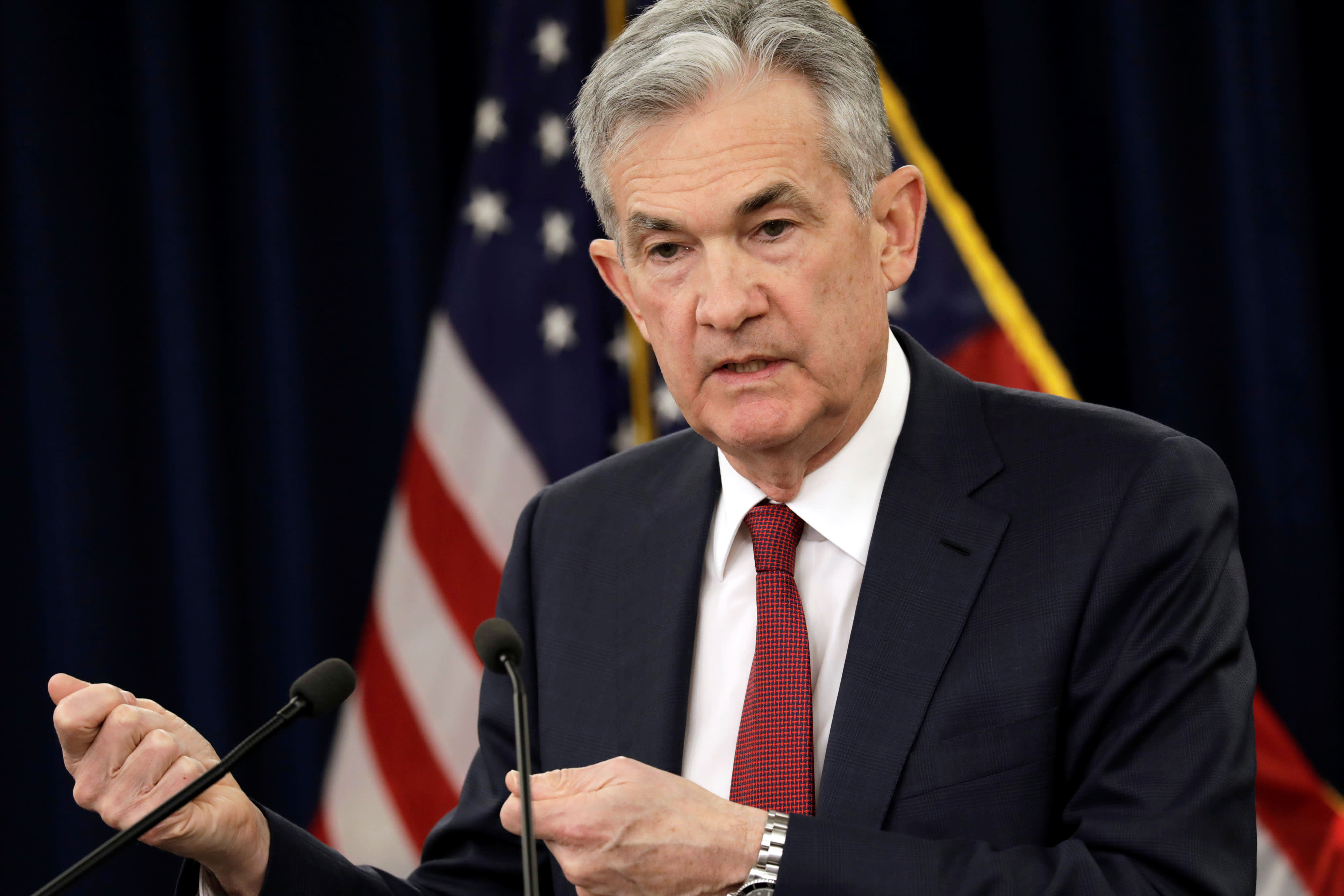The Federal Reserve is likely to cut interest rates twice this year in response to the impact from President Donald Trump potentially opening a new front in the trade war, according to J.P. Morgan strategists.
The firm is the first on Wall Street to catch up to market expectations that the Fed will ease policy aggressively this year amid concerns over a global economic slowdown exacerbated by tariffs.
In an announcement that took markets by surprise, Trump said he will start taxing imports from Mexico unless the country takes steps to stem the flow of illegal immigrants into the U.S. The tariffs would start at 5% on June 10 then escalate each month until they reach 25%.
“If the Administration follows through on the proposed actions, we believe the adverse growth implications would prompt Fed easing,” Michael Feroli, chief U.S. economist at J.P. Morgan, said in a note to clients. “Even if a deal is quickly reached with Mexico, which seems plausible, the damage to business confidence could be lasting, with consequences that might still require a Fed response.”
Projections for cuts come even though Fed officials in public have repeatedly stated their intention to keep their benchmark rate steady through at least the end of 2019.
However, Feroli said the Mexico situation, due to the deep trading ties between the two countries, challenges the central bank’s “patient” stance. Should the tariffs go to a full 25%, that likely would cause enough damage for the Fed to enact two rate cuts, likely in September and December, he said.
“Even with a quick deal, however, we still see some chance that the Fed would guard against downside risks,” Feroli wrote.
The projection matches with implications from fed funds futures trading.
Current implications are for a 68% chance of a move in September and about a 58% probability of another cut in December, according to the CME’s FedWatch tool.
Along with the projected rate cuts, Feroli said he has sliced a quarter point off his growth projections for the third quarter and now sees GDP rising just 1.5%. First-quarter growth came in at a surprisingly strong 3.1%, but most economists expect that to weaken substantially in the second quarter.
A critical part of the issue, Feroli said, is the belief that the U.S.-Mexico trading bond has been underpinned by “an understanding that the steady rule of law would govern that trading relationship.”
“This is now in doubt,” he said.
